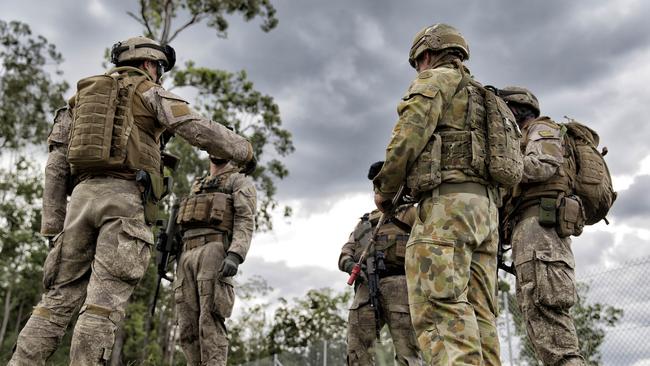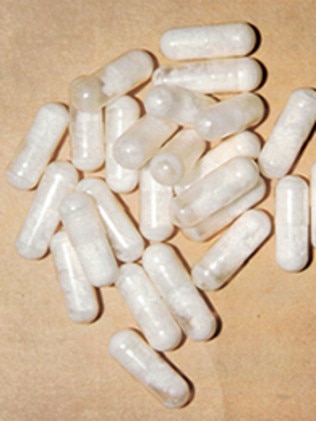A team has begun clinical tests to see if MDMA can cure PTSD
POST-traumatic stress disorder can be a crippling illness that forces those suffering, but now researchers believe they have found a cure.

POST-traumatic stress disorder can be a crippling illness that forces those suffering to re-experience trauma through flashbacks or nightmares.
Unfortunately, for many people suffering PTSD, the conventional remedies such as daily medications and behavioural therapies often have no effect.
This is why a team of psychiatrists and psychologists in Vancouver have developed an unconventional treatment for the disorder.
The team has begun clinical tests to see if administering MDMA (ecstasy) will help relieve the debilitating symptoms patients endure.
Mark Haden is the Chairman of the Canadian branch of the Multidisciplinary Association for Psychedelic Studies (MAPS). He has been the driving force behind getting this longwinded project off the ground.
Despite taking six years of planning and costing more than $A210,000 before approval was granted by Health Canada, Mr Haden said he was glad his vision could finally become a reality.
“Yes, it’s been difficult — but, at the end of the day, they said yes, and I do want to applaud them for saying yes,” he told Macleans.
Having spent 30 years working as a drug counsellor with addicts in Vancouver and witnessing the death of brother following a botched cook of MDMA in 2008, Mr Haden is no stranger to the adverse effects of drugs.


However, after seeing one of his patients kick a decade-long heroin addiction after taking the hallucinogenic substance called ibogaine in Mexico, Mr Haden became saw the benefits of using illegal drugs for treatment purposes.
As a result, he quit counselling and took a position with MAPS.
“Frankly, I’d like to apologise for the past lies of drugs educators — including myself,” he said.
“We exaggerated the harms of drugs, we never discussed the potential benefits, and we failed to deal with the dominant model for dealing with addiction, which is prohibition, which just doesn’t work,” he adds.
As for this particular scenario, Mr Haden believes MDMA possesses healing powers because of its marriage between methamphetamine and mescaline.
“The stimulant gives people confidence, and the psychedelic allows people to reflect on themselves and their experiences in a different way,” he said.
“The combination helps them confront painful memories.”

An American war veteran who served in Iraq from 2004 and 2005 before working as a contractor in Afghanistan is no stranger to PTSD.
Virgil Huston said after witnessing the death and destruction caused by war first-hand, he struggled to integrate back into normal life as he was suffering from depression, nightmares and haunting visions.
After unsuccessfully trying to combat the issue with almost every antidepressant available, Mr Huston began to lose hope.
“They just numbed me, and they were so much more addictive than I ever imagined. The withdrawal was horrible,” he told Macleans.
“Psychiatry in America has become nothing but about altering chemical balances in the brain with daily medications.”
After struggling to overcome his condition, Mr Huston signed up for the MDMA trial after reading about its benefits on Facebook and he admits it has been instrumental in his recovery.
“I was definitely high, but totally in control — which is a good thing,” he said.
“This isn’t just about the drug; it’s about the psychological process and building trust with a wonderful therapist.
“I still think about the wars, but they don’t keep me awake at night all the time, which is, frankly, incredible.”
For now, MAPS is continuing clinical trials and if the drug is proved effective, it hopes to get MDMA approved as a treatment for PTSD by Health Canada and the U.S. Food and Drug Administration.



